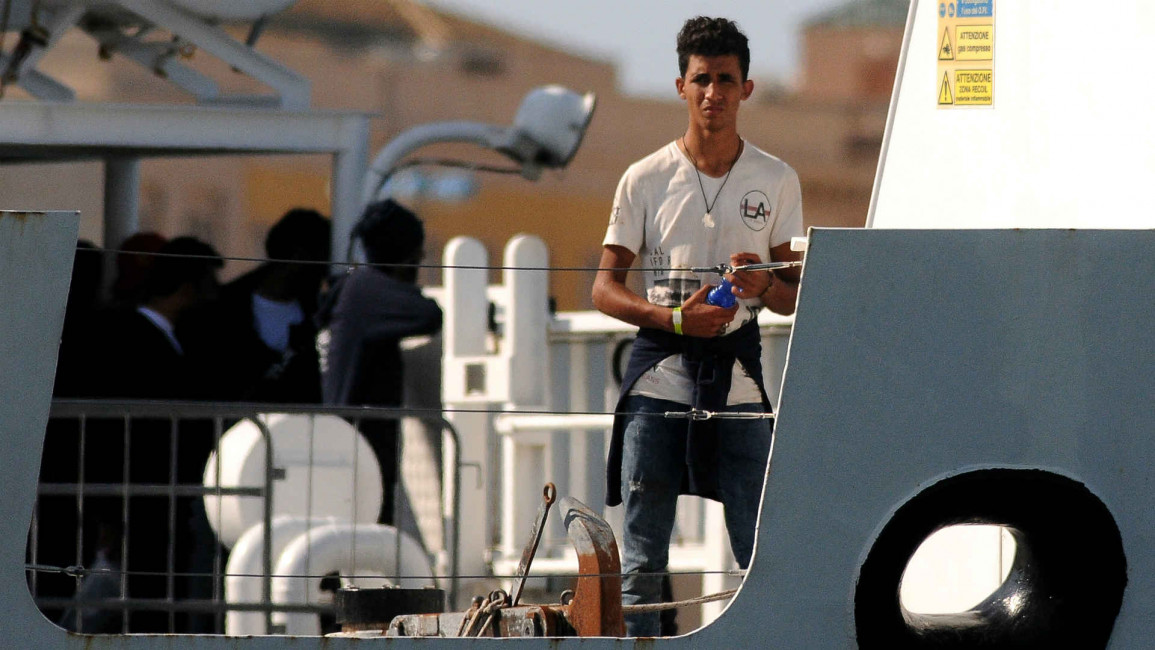Spain and Germany push for greater migrant aid
"Fourteen kilometres separate the coast of Spain - and therefore Europe - from those of North Africa but there is an infinitely greater distance in terms of development," Spain's new Socialist Prime Minister Pedro Sanchez said after talks with German Chancellor Angela Merkel.
"Reducing the depth of this abyss of inequality must be one of the main tasks of the European Union."
Spain has now become the main destination from people trying to enter Europe from Africa, after being faced with a crackdown by Libyan authorities and Italy's hardline approach.
Sanchez said he and Merkel agreed to "intensify dialogue and cooperation with countries of origin and transit" of migrants, mainly Morocco.
He said they were in discussion with the European Commission to unlock aid that would allow Morocco to be much more effective in controlling its borders.
This year Spain took in more than 23,500 new arrivals, more than the total number of migrants last year, compared with 18,500 arrivals in Italy and 16,000 in Greece, according to the UNHCR.
Saturday's meeting in the southern Andalusia region coincided with a deal under which Madrid pledged to take back migrants in Germany who had already been registered in Spain.
It is one of a series of bilateral agreements that Germany is seeking with EU partners, with Merkel under pressure to reduce the number of migrant arrivals to her country.
Berlin still hopes to persuade Italy and Greece to also accept the return of migrants who were registered on their soil before travelling to Germany.
Earlier last month, Italy's far-right Interior Minister Matteo Salvini triggered an EU-wide row when he barred the French charity-run Aquarius rescue ship, carrying 630 migrants, from docking in Italy.
The move was echoed by nearby Malta and the ship was later welcomed by Spain.
The decision by Italy's new hardline government to turn away rescue vessels has plunged Europe into a political crisis over how to collectively handle the huge numbers of people migrating from Africa, the Middle East and Asia.
Italy and Malta say they are unfairly bearing the brunt of the new arrivals, while other European countries are urging more forceful policies to block their entry.
The 28-leader summit held discussed plans to overhaul the bloc's asylum system, which has been under severe pressure since the migration crisis exploded three years ago.
Underscoring the divisions, Poland, Hungary, Slovakia and the Czech Republic - which reject any suggestion of mandatory refugee resettlement among EU members - chose to boycott the meeting.Follow us on Twitter: @The_NewArab



